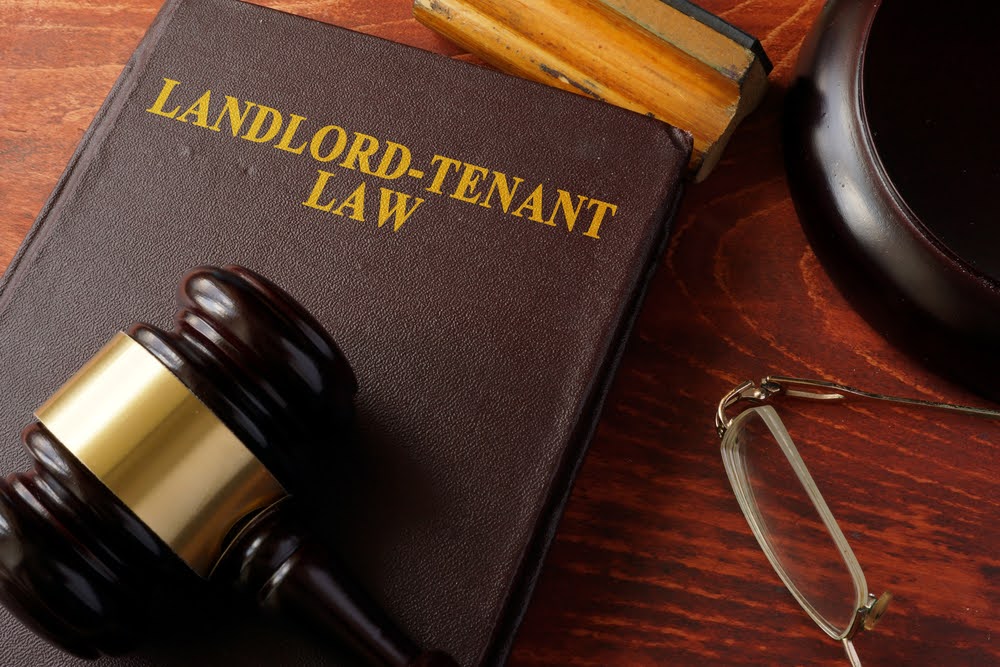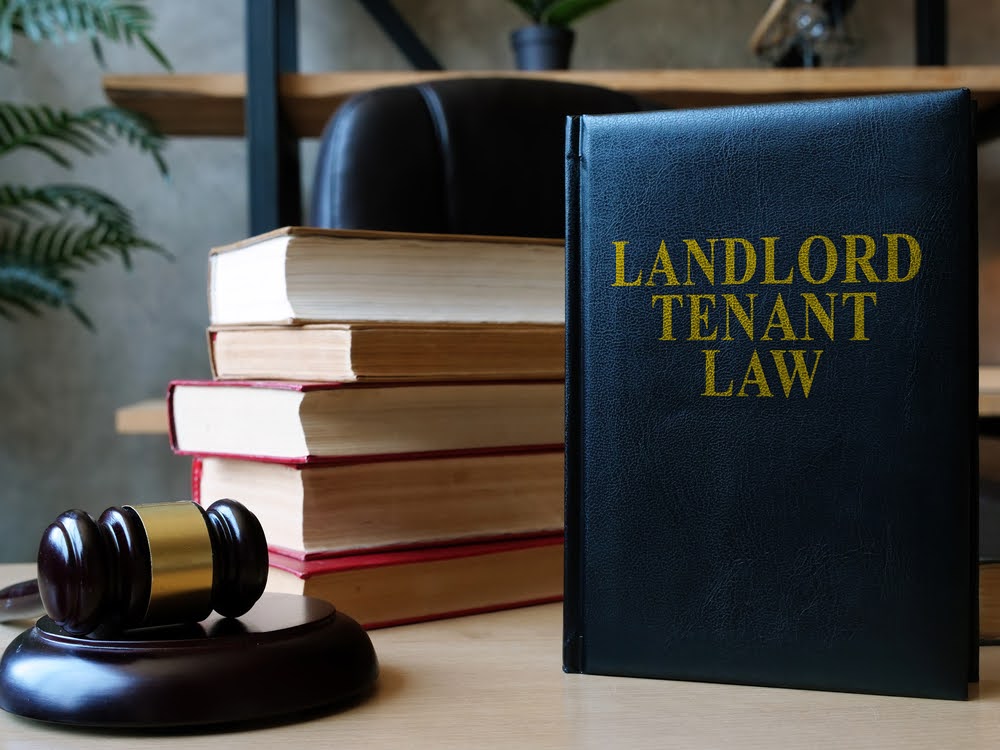Being a landlord is an exciting financial opportunity that can change your entire life. However, it’s also a very complex opportunity that is heavily regulated, and you have to make sure you’re complying with Chicago’s landlord-tenant laws.
Today, we’re going to go over the key points of those laws and help you stay compliant.
1: Tenants Must Take Care of the Property
Tenants aren’t allowed to do whatever they want. They are held to a variety of standards by Chicago’s landlord and tenant ordinances. Most of these require the tenant to do basic things such as not defacing the property, complying with the Chicago Bedbug Ordinance, maintaining clean plumbing, etc.
Landlords also have the right to take action if these things aren’t being upheld, and that can lead to formal demands to correct issues or even eviction.
2: Landlords Must Make Repairs
The majority of repairs are the landlord’s responsibility. Tenants have the right to request repairs for things such as roofing, electrical and plumbing issues, structural problems, appliances, and more.
If a landlord doesn’t handle that responsibility, tenants are capable of writing formal demands for repairs and even legally withholding rent until repairs are made.
3: Subletting is a Tenant’s Right
Chicago protects a tenant’s ability to sublet their rental. Not only is it allowed, but landlords cannot evict over subletting, ban subletting, or tack on extra fees for subletting.
This is one thing that might catch you off guard if you’ve rented in other areas or states and just opened a property in Chicago.

4: Late Fee Limitations
Late fees are crucial to both encourage timely rent payments and to help mitigate the effect of the late fees you can accrue if you’re still paying on the property yourself.
However, the extent of a late fee is limited in Chicago. You may only charge $10 for the first $500 of monthly rent that is late, and beyond that, the fee is limited to 5%.
5: Entering the Unit
Once the property is rented to a tenant, they have privacy laws protecting them. While it’s your property, you will have to have a legally protected reason to enter the property, and you must notify the tenant 2 days in advance for unplanned visits.
6: Security Deposit Protection
This protects both you and the tenant. Any security deposit you collect must be stored in a separate account that accrues interest. The interest must be paid back to the tenant each year, and you have to keep a record of receipts. If you fail to do this, the tenant can charge you twice the value of the deposit for violating their tenant rights.
Stay Compliant with a Property Manager
These are only a few key points, but Chicago has a lot of guidelines that protect both renters and landlords. Staying compliant with all of those guidelines is crucial to ensure you have a financially fruitful experience. You can learn more about it on our website - Paragon Property Management LLC.
To help you navigate these landlord-tenant laws effectively, call Paragon Property Management LLC today.


